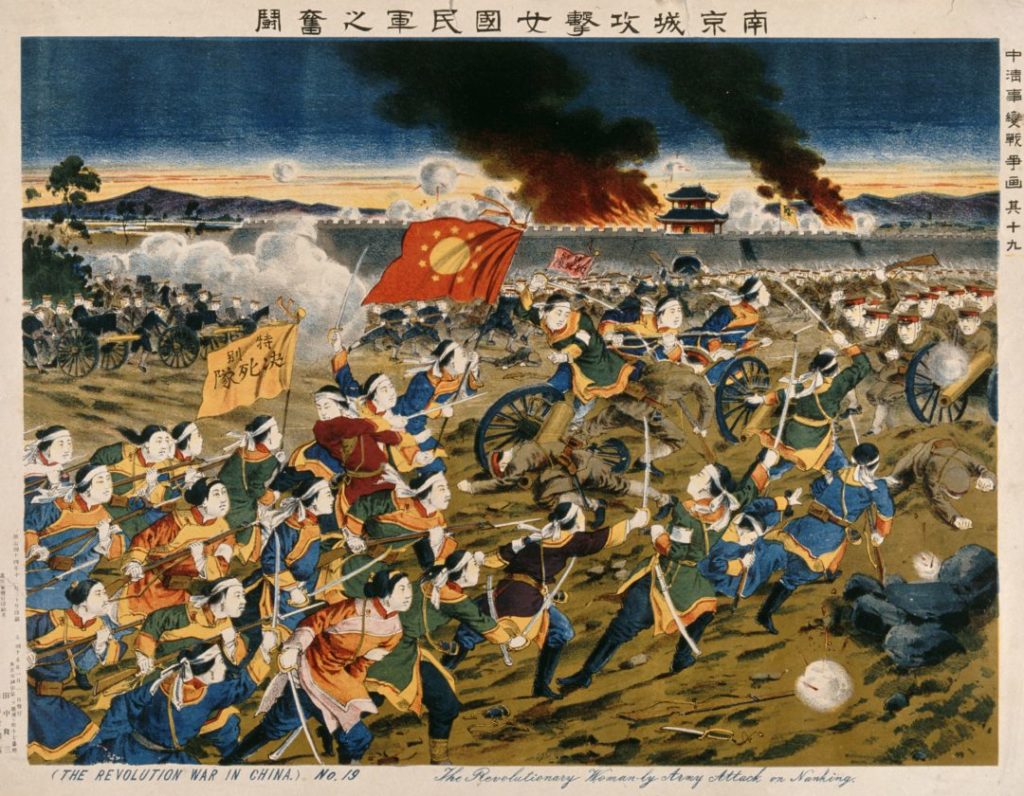The Charterhouse
from Even No. 8, published fall 2017
They say no one ever builds a statue to a critic — but one of us, brassier than the rest, erected his own monument. Around 1986, chainsmoking his way through an emergent Beijing, Liu Xiaobo started to publish reviews and essays that, in pitiless style, flayed the elders of Chinese literature. Maoists and classicists and liberals alike tasted his bile; they were all frauds, the young critic roared, hopelessly corrupted, unable to think for themselves. Beijing then was in the grips of wenhua re — “cultural fever,” an ardent debate on tradition and modernity — and Liu was a young man in a hurry. When he acidly joked that China ought to be colonized like Hong Kong was, he knew just what buttons he was pushing, and how far it would get him.
But in early 1989, during a fellowship at Barnard, Liu went to the Metropolitan Museum of Art, whose Greek statuary and Ming pottery hit him with the force of an indictment. The past tendered no fast answers; the west had the same flaws as everywhere.
“I was struck with how superficial my thinking was,” he wrote that March in New York, “and how atrophied my vitality.” Like Rilke at the Louvre, Liu at the Met had an encounter with art that took the form of a moral command: you must change your life. Within a month he’d bought a one-way ticket back to Beijing, to Tiananmen, and to a new destiny.
For this eighth issue of Even we returned to Tiananmen Square, where the editor Jacob Dreyer begins our expansive cover story on 30 years of hope and delusion among Chinese artists and writers. Liu’s headstrong opposition was not the only valid response to the events of 1989. Ai Weiwei preferred naughty provocation. Xu Bing, shuttling from east to west, chose the power of institutions. Mo Yan lampooned the Party in novels, then sat on the Party’s committees. They no longer had all the answers; certainty of that kind, like revolution itself, is a young man’s sport. But all four felt a duty to confront broken civic promises, in ways Americans may soon need as a model.
Liu leaves two monuments, actually: his democratic appeal Charter 08 and the tale of his own life, which, to some surprise, takes the form of a love story. When Liu Xiaobo met Liu Xia in 1982 they were both married to other people. They wed 14 years later; he was in a labor camp, but she didn’t care, not even when the authorities censored their love poetry. They had a few good years after his release, and then, in 2008, the police knocked again. “I am serving my sentence in a tangible prison, while you wait in the intangible prison of the heart,” he said in the courtroom address that served as his Nobel lecture, and, since July, as his epitaph. The party-state ordered a sea burial, but even that could not separate them. “Even if I were crushed into powder,” he told her from the defendant’s dock, “I would still use my ashes to embrace you.”
—Jason Farago, editor

Charge forth, fight on, rejuvenate China! Smoke rises beyond the walls of Nanking, puffs of white and spumes of acrid black, and the serried troops, wearing the light brown of the imperial army, are many but outmatched. A new crew has arrived: an army of women, their hair tied with fillets or streaming like kite tails, cradling their rifles against gowns of silk. One carries the nine-starred flag of the Wuchang uprising, but it’s the small pink standard by the city gate that announces who these boys are dealing with: “Special Death Forces.”
In 1911, when the Qing Dynasty finally ran out of road, young women across the Middle Kingdom fought for a new government, and for their own liberation. Within the year Sun Yat-sen would take his seat as president; a decade later, when this Japanese artist sold his color lithographs in Shanghai, warlords and monarchists were back in business. “Unbinding my feet I clean out a thousand years of poison,” wrote the feminist Qiu Jin after the boy emperor abdicated. But the republic was born too fast for the toxins to fully drain.